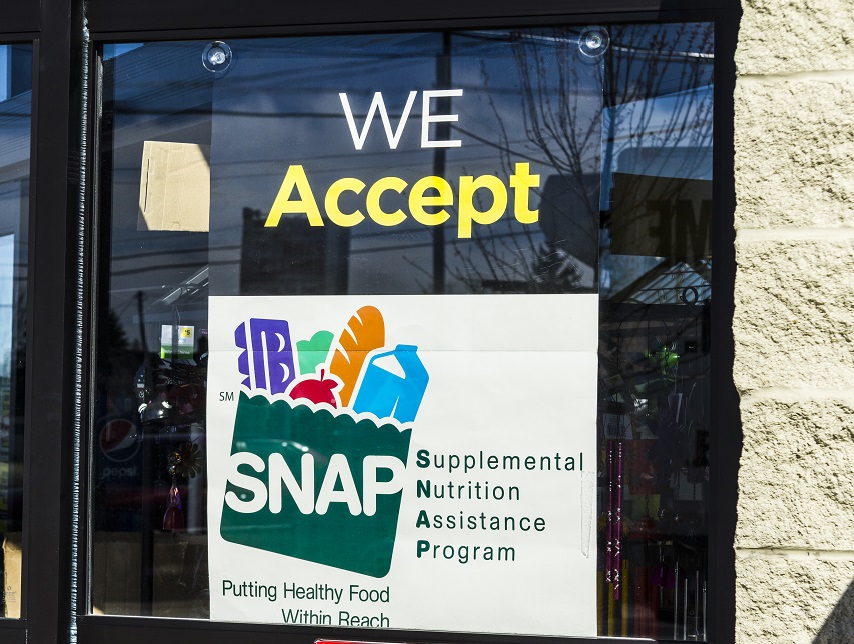
Stay on top of the latest news and research
Make sure you have all the facts about hunger and the federal nutrition programs.
Recent Publications & Data
See More Resources- Fact Sheet
The MODERN WIC Act will make WIC a more efficient and accessible program and ensure that pregnant individuals, infants, and children have access to the nutritional supports they need. Learn more in FRAC’s one-pager.
Read the fact sheet - Fact Sheet
The Summer EBT (Electronic Benefit Transfer) Program provides families with approximately $40 a month per eligible child to help with food costs during the summer months. This case study highlights how six states determined their administrative funding levels for the first year of Summer EBT implementation, as well as considerations for those states that have not yet participated.
Read the fact sheet - Fact Sheet
The Supplemental Nutrition Assistance Program (SNAP) helps millions of families put food on the table every month. It provides women, LGBTQIA+ people, and their families with critical nutrition assistance that supports their health and well-being.
Yet the House-passed budget reconciliation bill and Senate proposal seek to make wide-reaching cuts to SNAP, including by expanding time limits. Learn how these proposals would harm women, LGBTQIA+ people, and families in a new resource from FRAC and the National Women’s Law Center.
Read the fact sheet - Report
More schools and school districts are offering free school meals to all students through the Community Eligibility Provision (CEP), according to FRAC’s latest report, Community Eligibility: The Key to Hunger-Free Schools. This report analyzes CEP adoption—nationally and for each state and the District of Columbia—in the 2024–2025 school year.
Read the report

